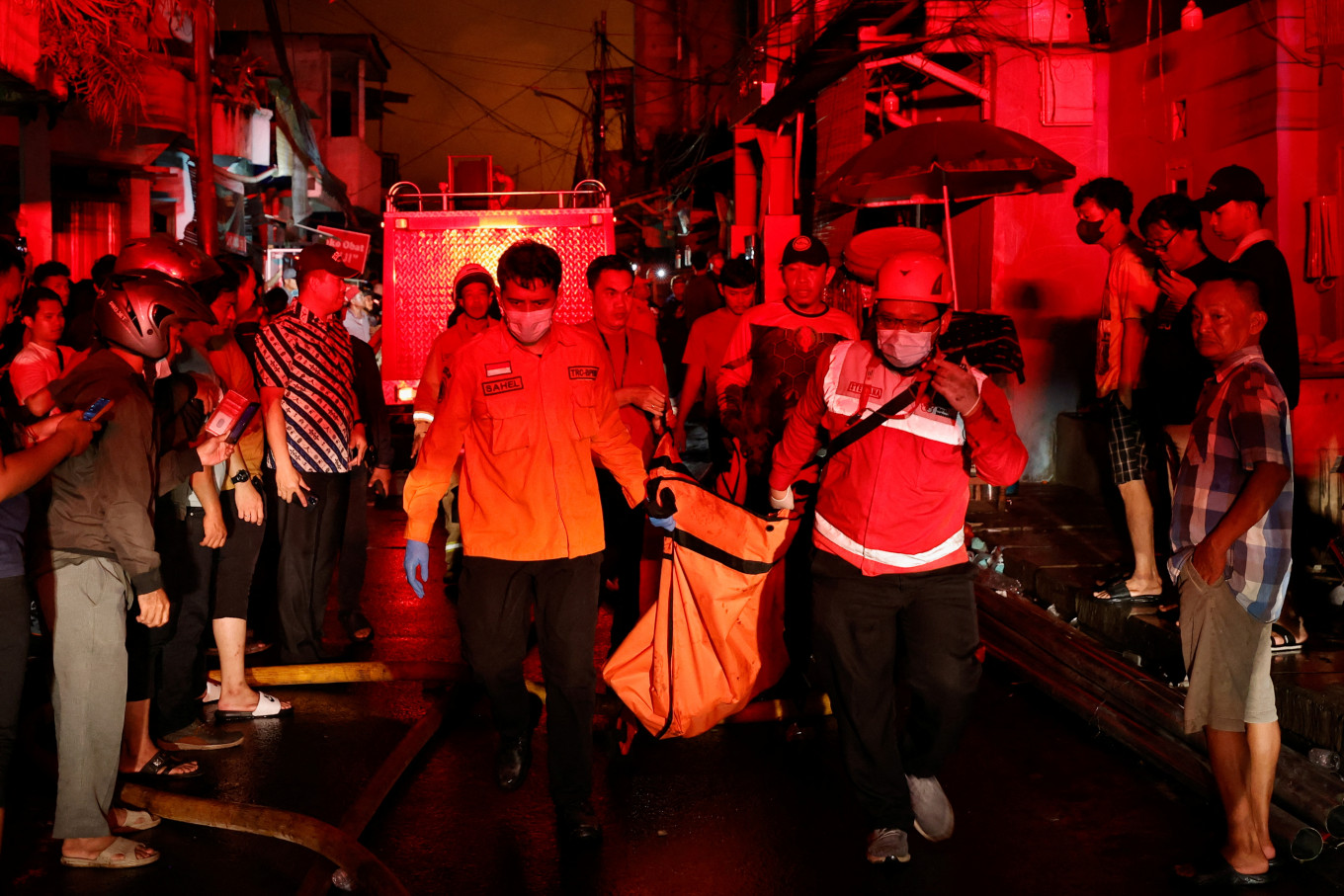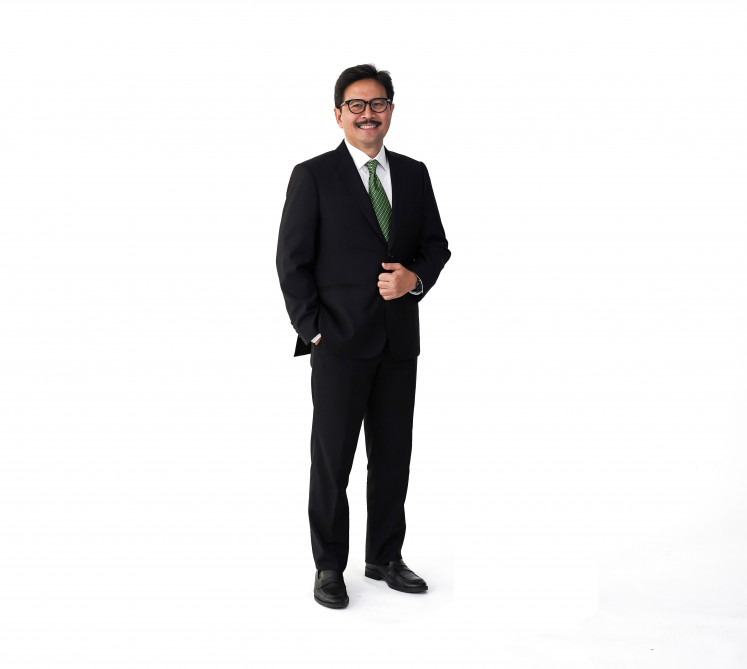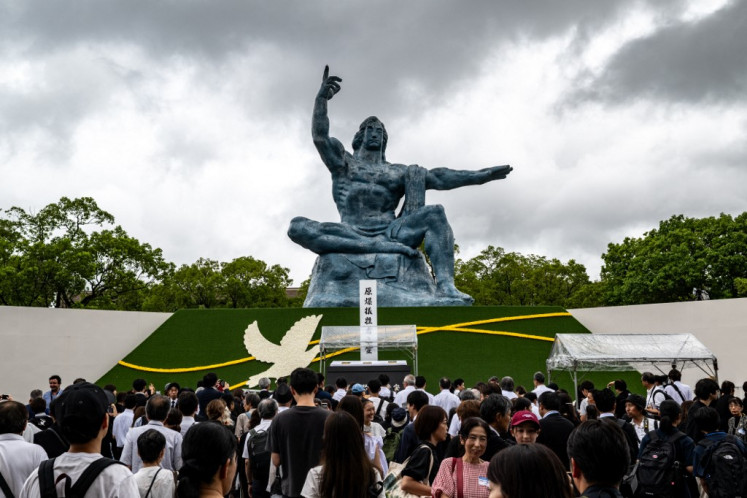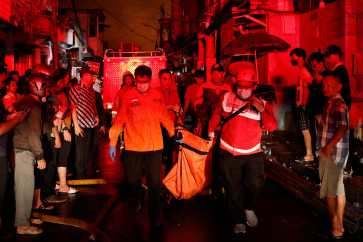Popular Reads
Top Results
Can't find what you're looking for?
View all search resultsPopular Reads
Top Results
Can't find what you're looking for?
View all search resultsWe're hearing a lot of 'sorry' lately. But without real change, it's just PR
Statements of apologies from public officials are becoming as ubiquitous as the lack thereof in the past, especially since the buck stops there without any real reform or improvements that follow.
Change text size
Gift Premium Articles
to Anyone
I
t used to be that “sorry” seemed to be the hardest word for the country’s public officials and politicians to say.
Shortages of food, fuel and other aid could persist for days or weeks following a disaster in the past, and only rarely did we see ministers, governors or mayors bow their heads or hear them apologize for their shortcomings
At the height of the COVID-19 pandemic, when thousands died and more than a million contracted the disease, and it was obvious that the Health Ministry had fumbled in its initial response to the public health crisis, the country’s top health official never expressed a mea culpa, even after he was removed from office.
But things have changed.
These days, it’s not just that officials, politicians and public figures don't have any problems with apologizing, they’re actually finding it more comfortable to say sorry, and they seize the opportunity to issue an apology at the first sign of trouble.
The problem today is not the lack of an apology, but too many of them.
We're only in the first week of March, but we’ve already received three major apologies from senior and high-ranking government officials.



















